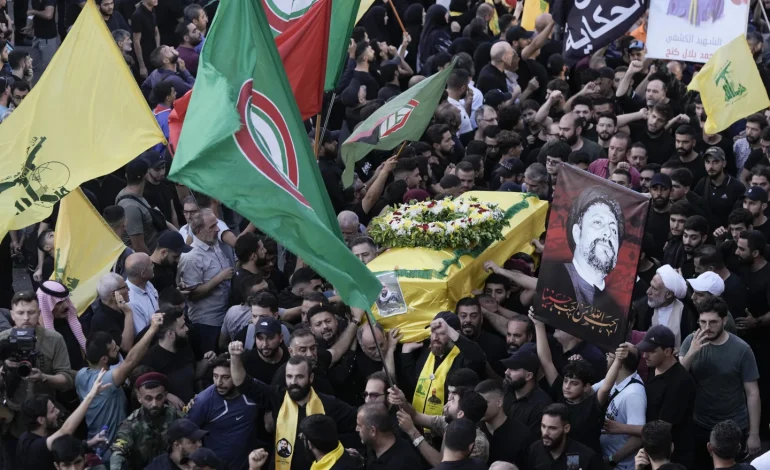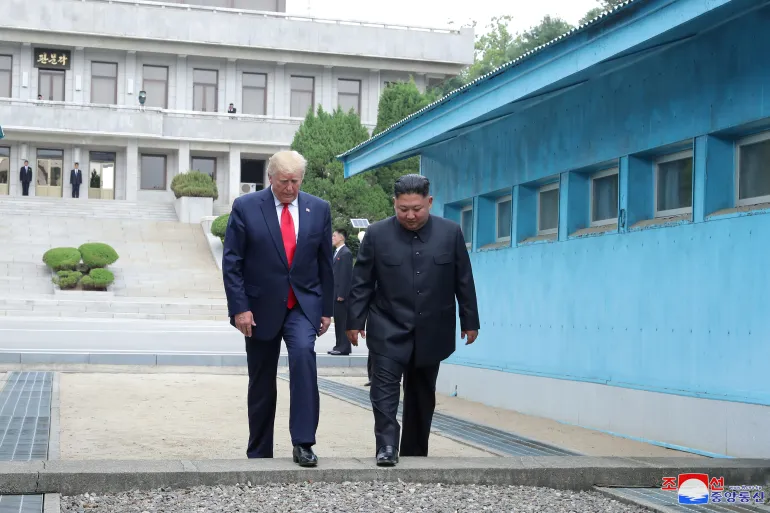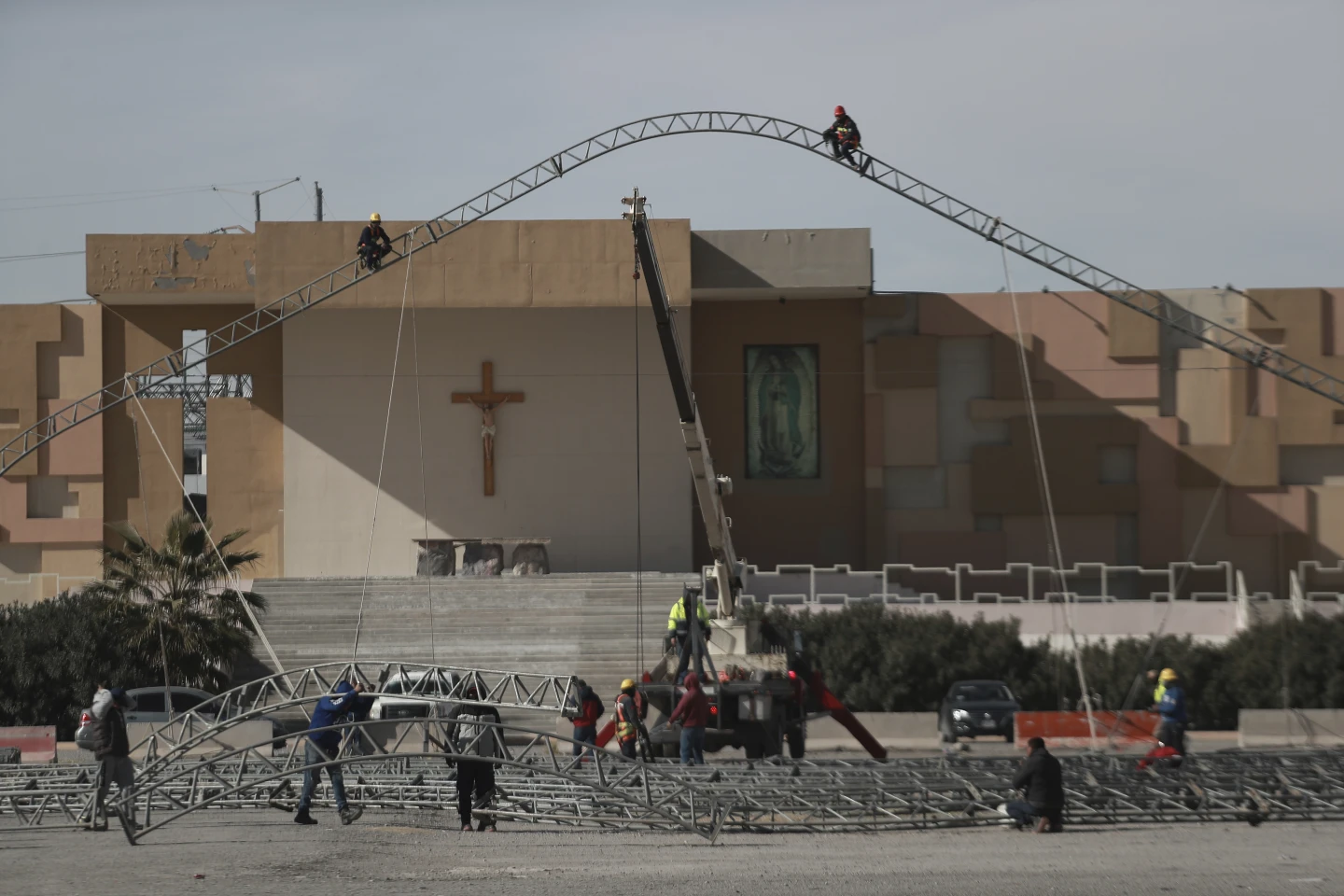Israeli Agents Detail Elaborate Hezbollah Sting Operation Using Exploding Pagers, Walkie-Talkies

Two recently retired senior Israeli intelligence agents have disclosed intricate details of a clandestine operation that targeted Hezbollah militants in Lebanon and Syria, The Associated Press reports.
The operation, years in the making, utilized booby-trapped pagers and walkie-talkies disguised as ordinary communication devices, culminating in a deadly series of attacks three months ago.
The agents, who identified themselves as “Michael” and “Gabriel,” spoke to CBS’s “60 Minutes” under the protection of masks and voice alterations to conceal their identities. They described a planned operation that began a decade ago, starting with walkie-talkies laden with hidden explosives. These devices, purchased by Hezbollah without realizing their origin was Israel, were not detonated until September.
The second phase of the operation, involving booby-trapped pagers, began in 2022 after Israel’s Mossad intelligence agency learned Hezbollah was procuring pagers from a Taiwan-based company, Gold Apollo. These pagers were modified to accommodate hidden explosives, requiring extensive testing on dummies to ensure the blasts only harmed the target and not bystanders. Mossad even tested numerous ringtones to find one deemed urgent enough to prompt someone to immediately pull the device out of their pocket.
According to Gabriel, it took two weeks of using false advertising on YouTube, promoting the pagers as dustproof, waterproof and having long battery life, for Hezbollah to switch to the slightly larger device. Shell companies, including one based in Hungary, were used to deceive the Taiwanese firm, making them unknowingly complicit in the Mossad operation.
By September, Hezbollah militants possessed 5,000 of the modified pagers. On September 17, Israel triggered the devices, causing them to explode all over Lebanon even if the user didn’t press buttons to read the encrypted messages. The following day, the walkie-talkies were detonated, some at the funerals of the individuals killed by the pager blasts. In total around 30 people were killed in the operation.
Gabriel emphasized that the operation was designed to send a psychological message, rather than simply kill Hezbollah fighters. In the days following the attack, Israel’s air force launched retaliatory strikes across Lebanon, with Hezbollah’s leader, Hassan Nasrallah, being assassinated after his bunker was hit. The conflict between Israel and Hezbollah, a byproduct of the October 7 Hamas attack in Southern Israel, was halted by a ceasefire in November. The war in Gaza has reportedly killed over 45,000 Palestinians since it began.








